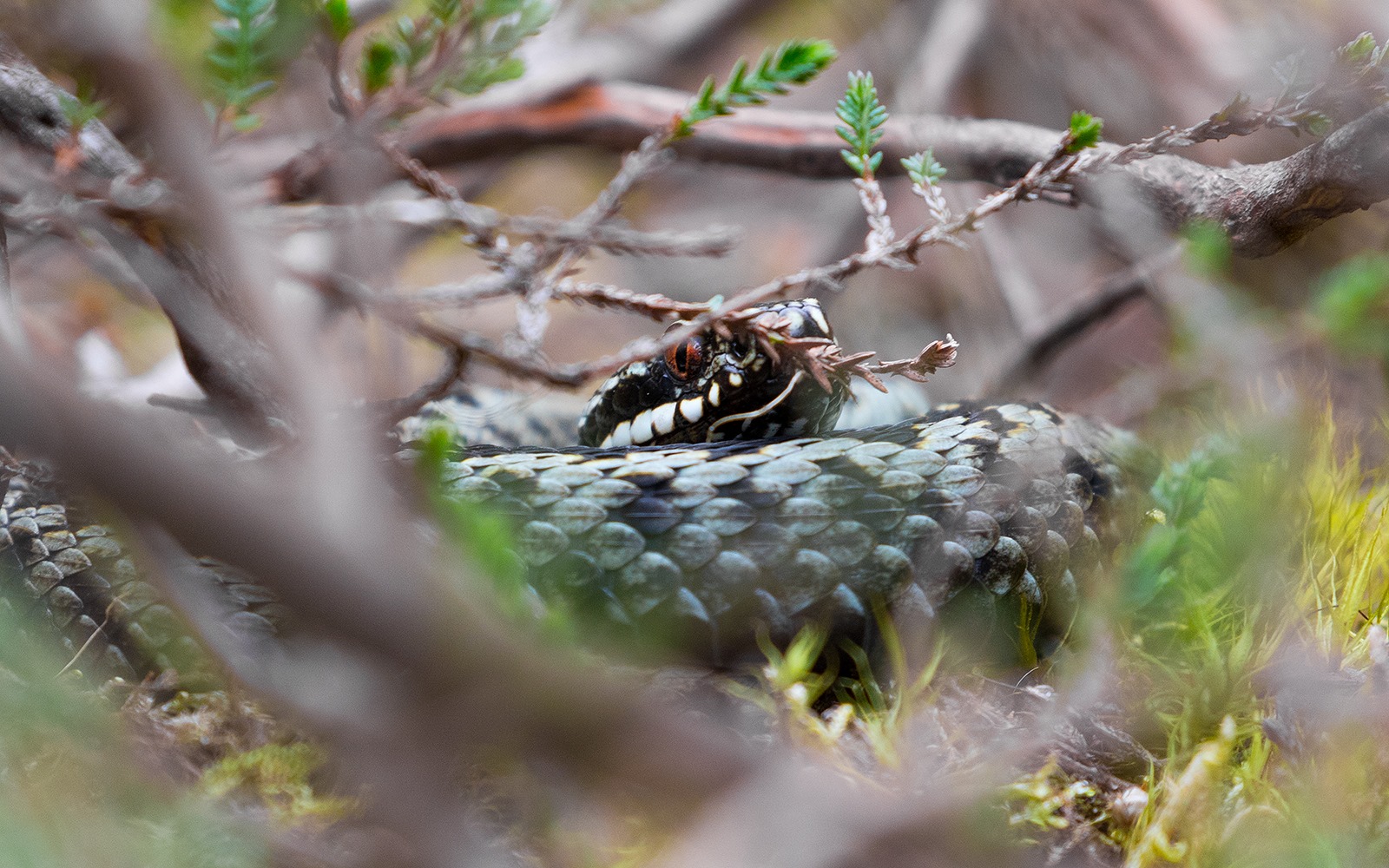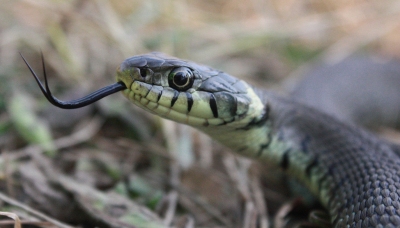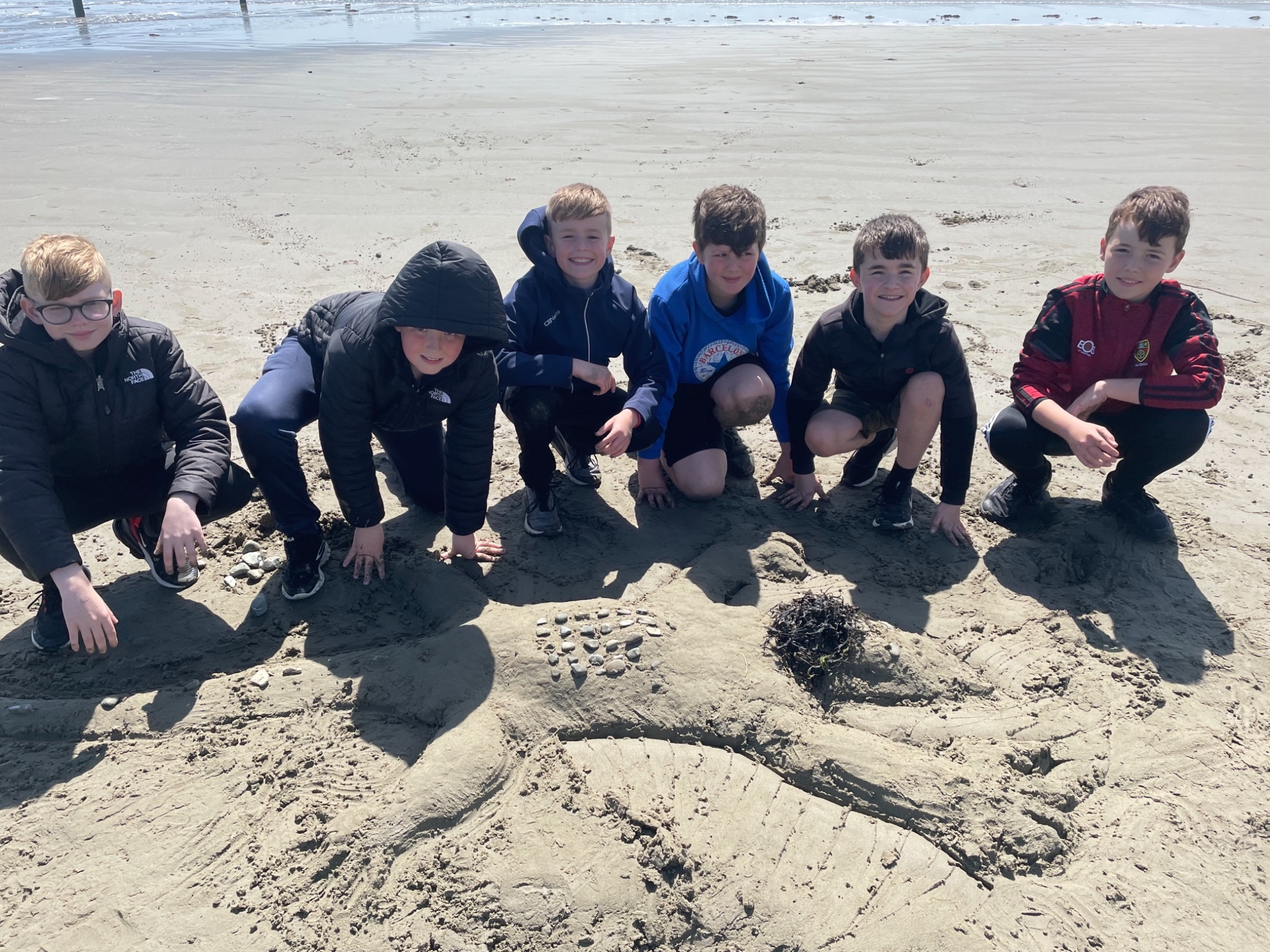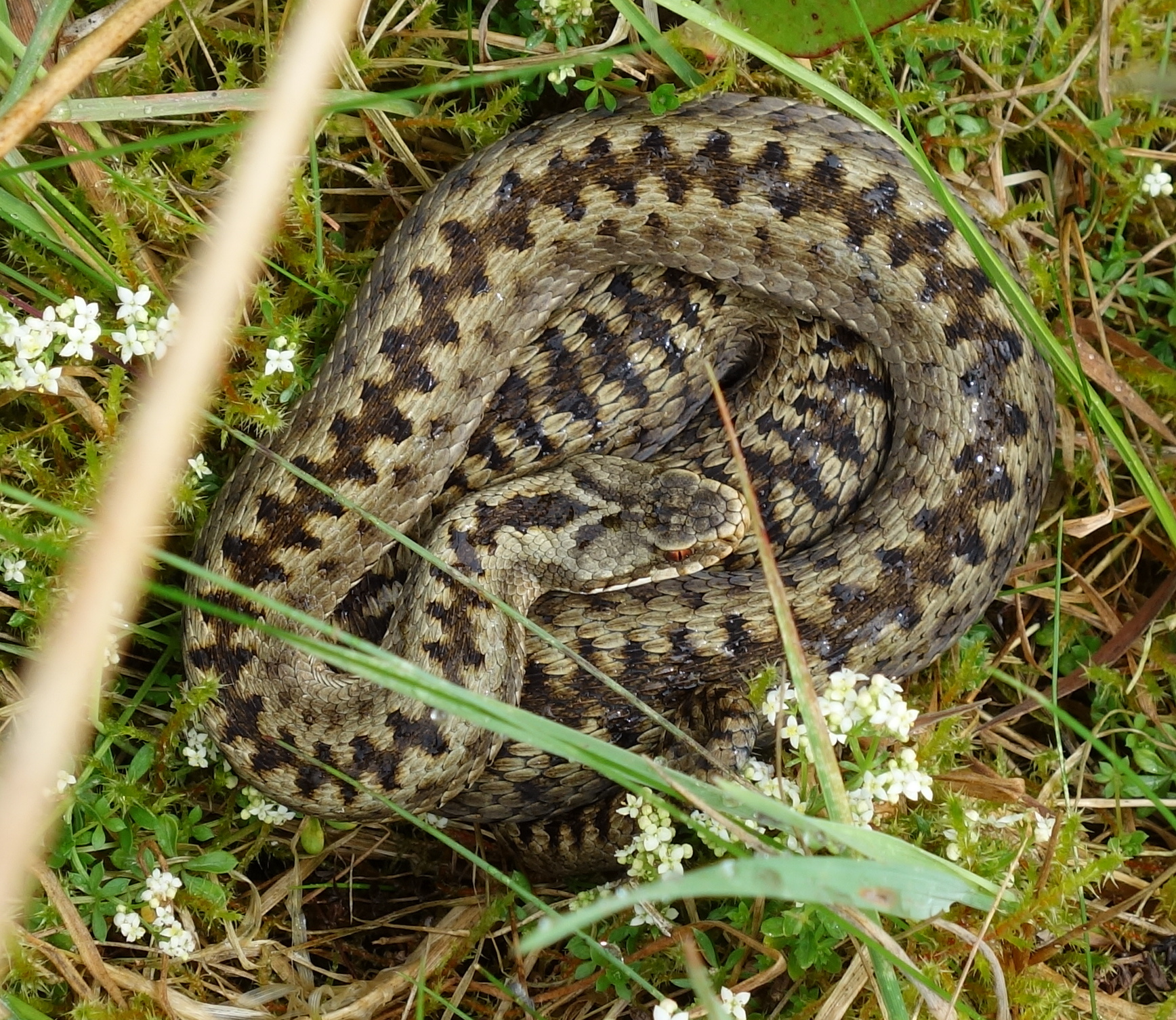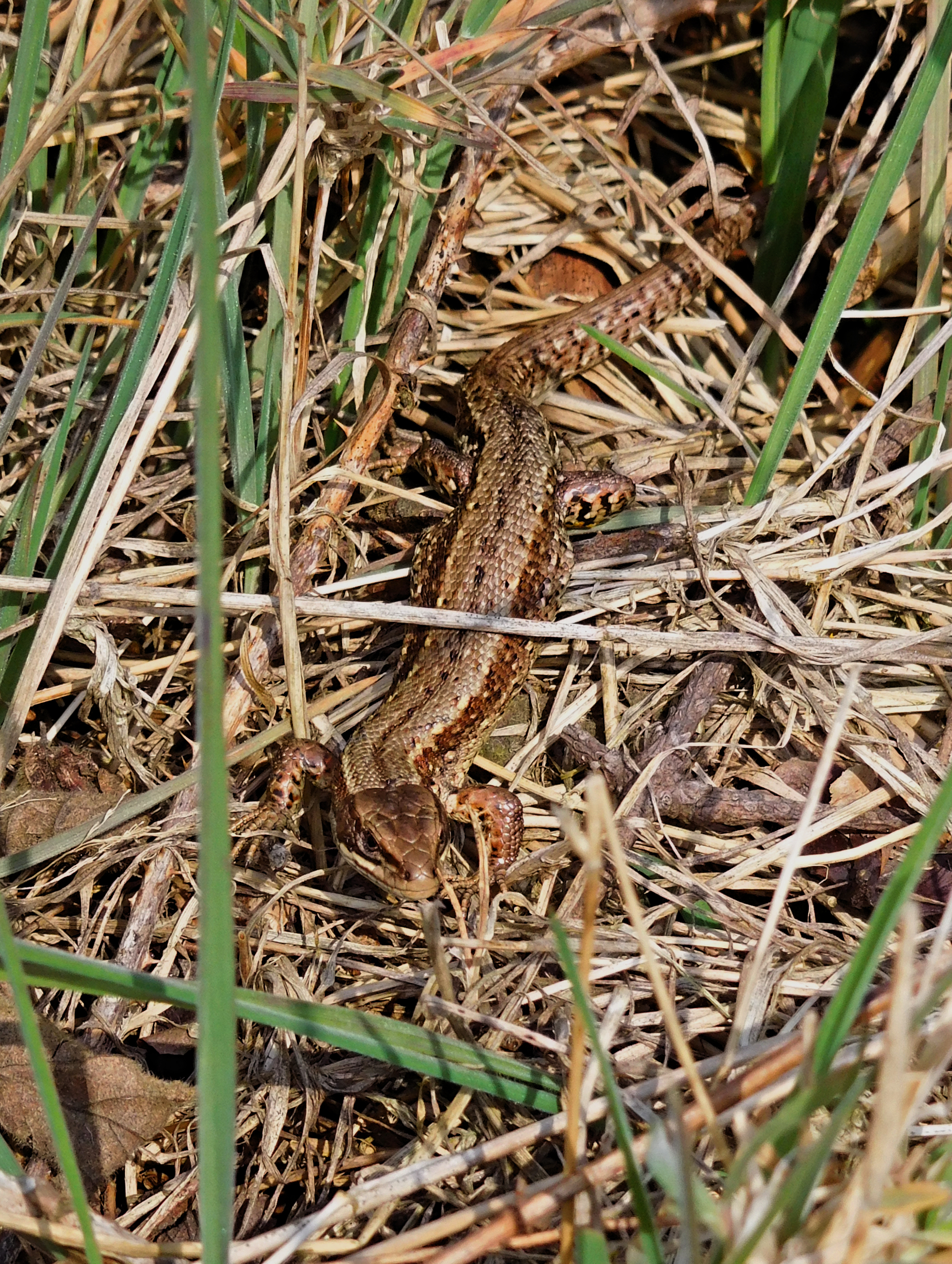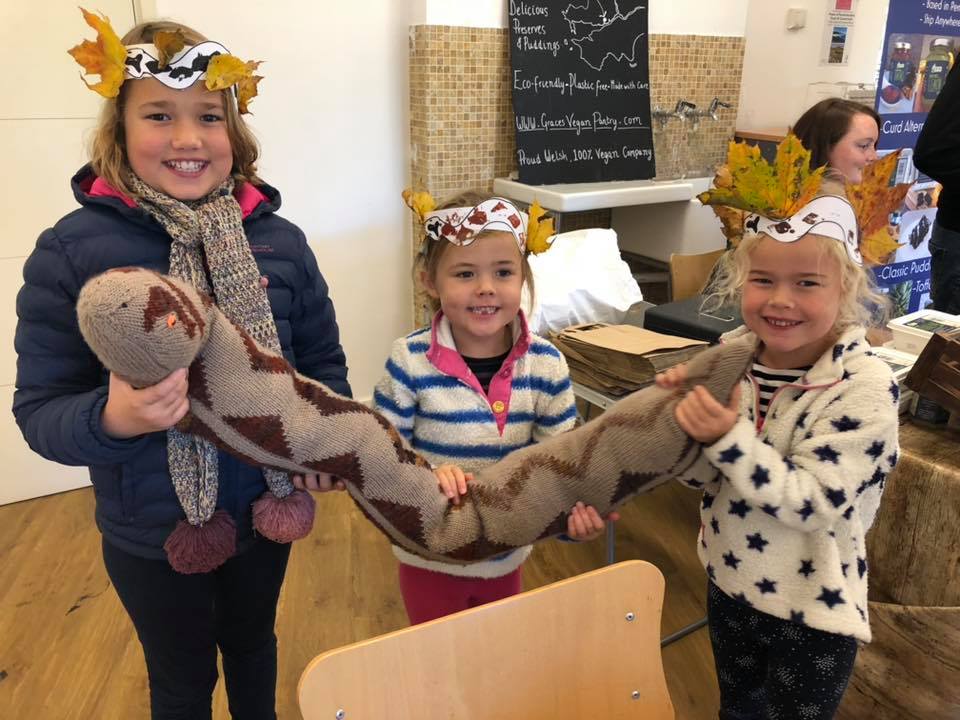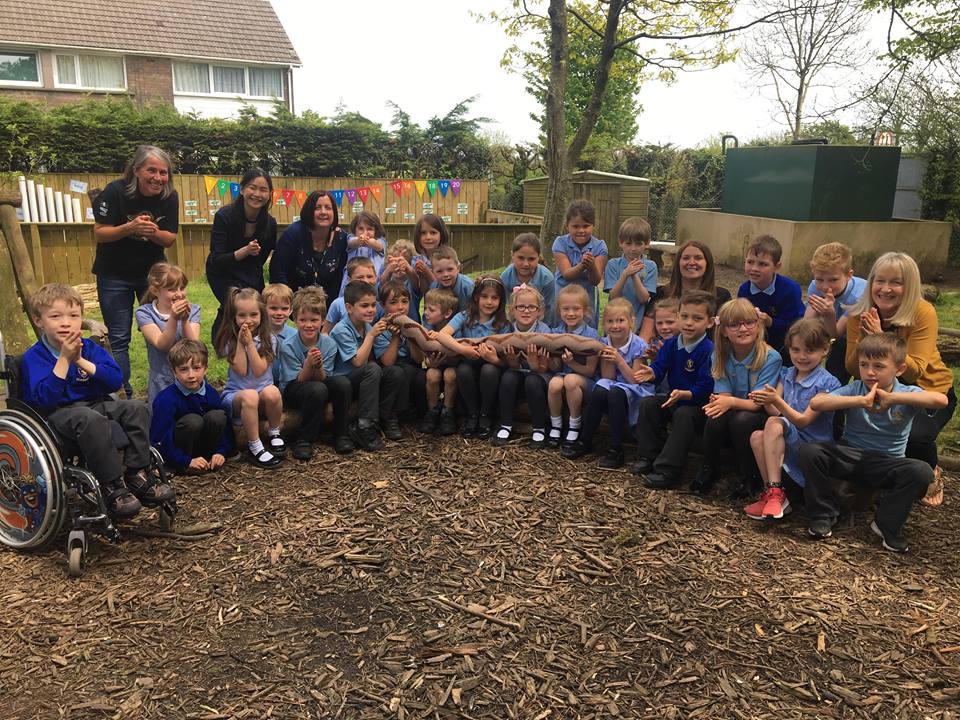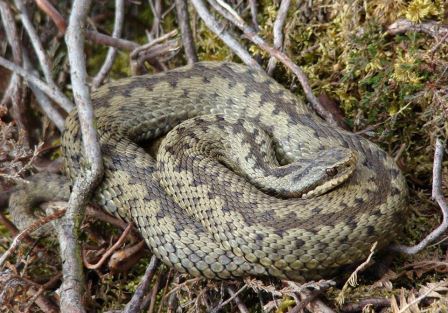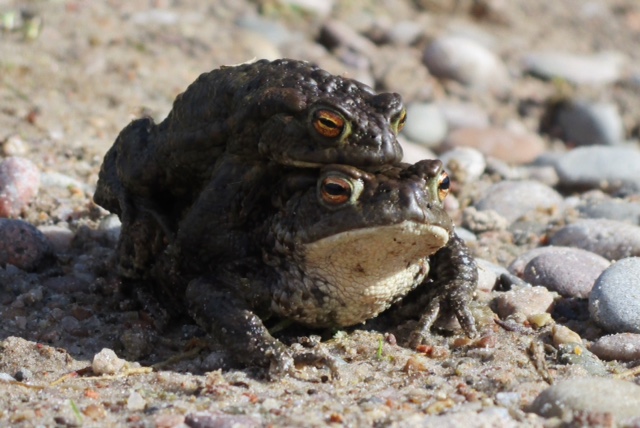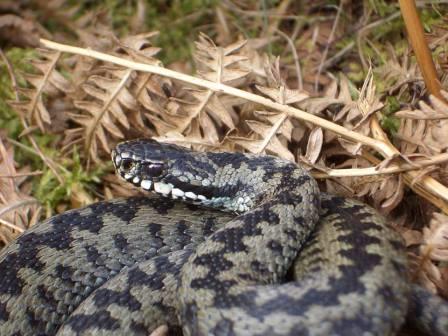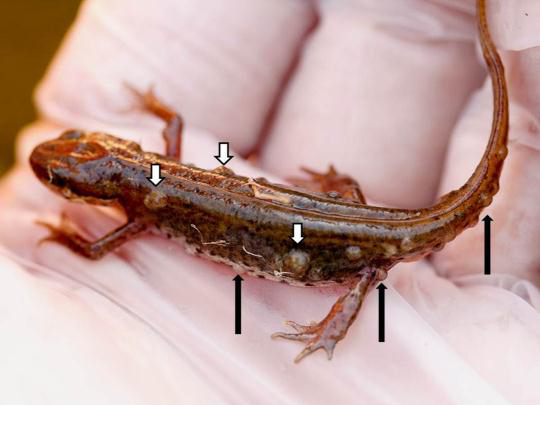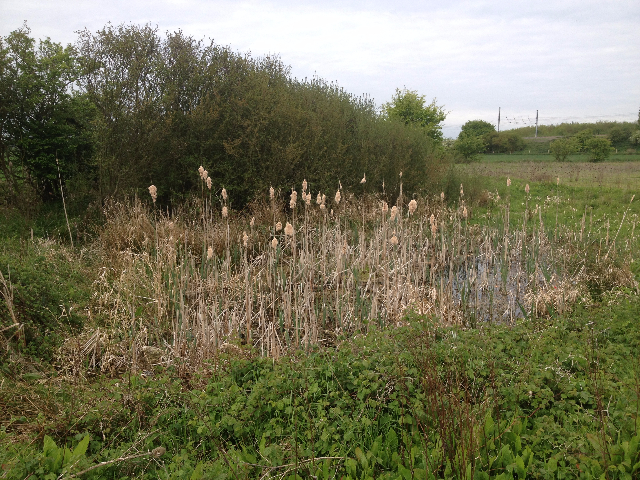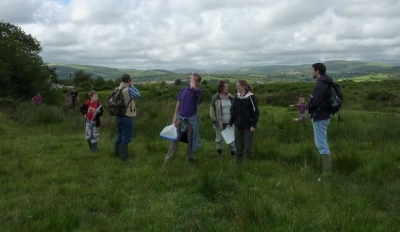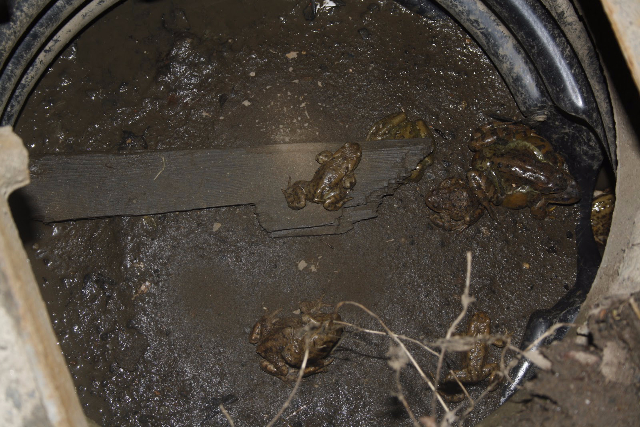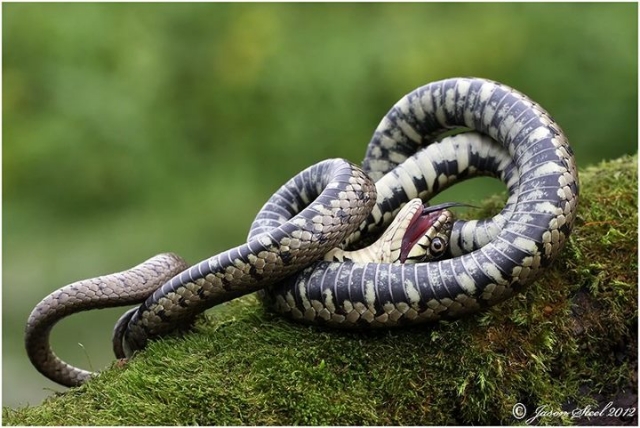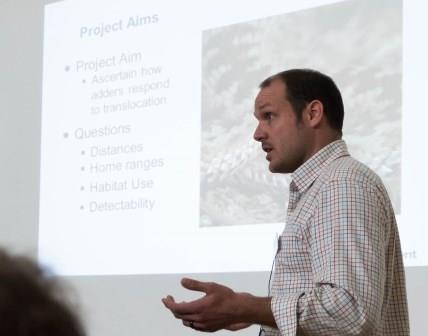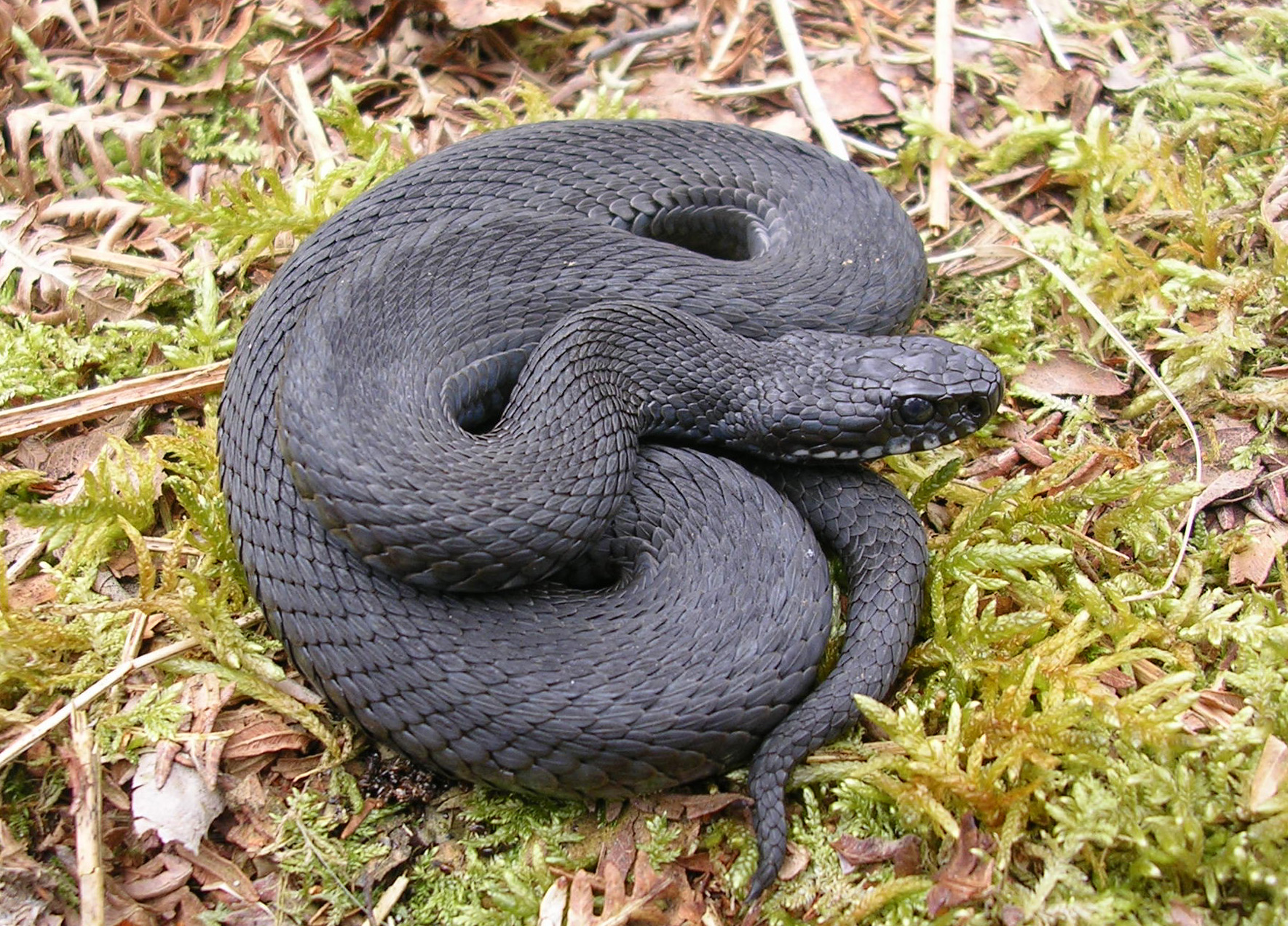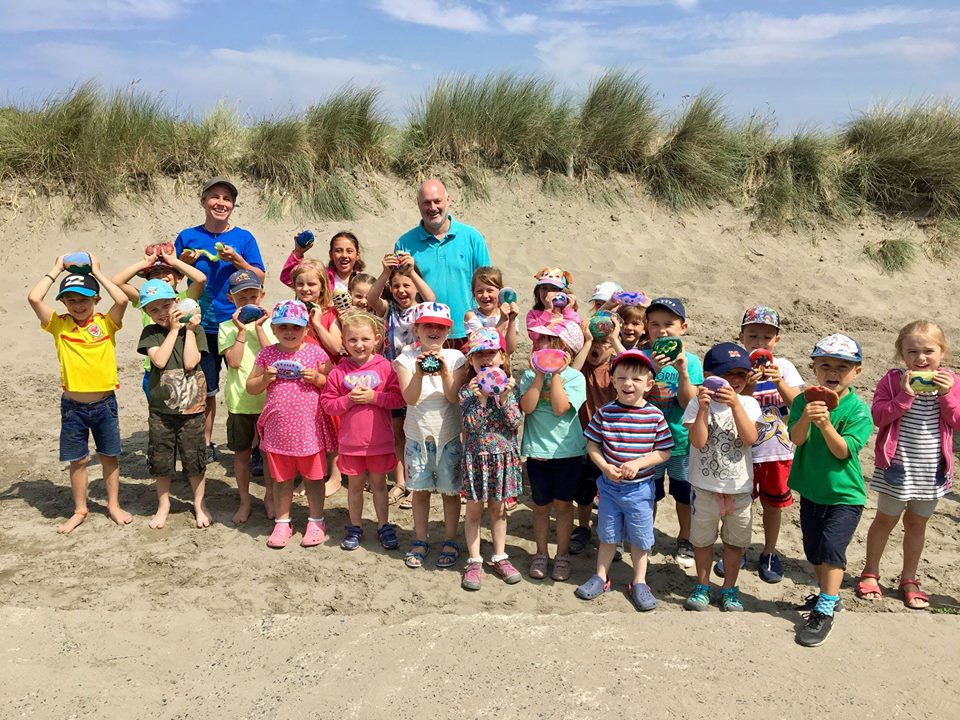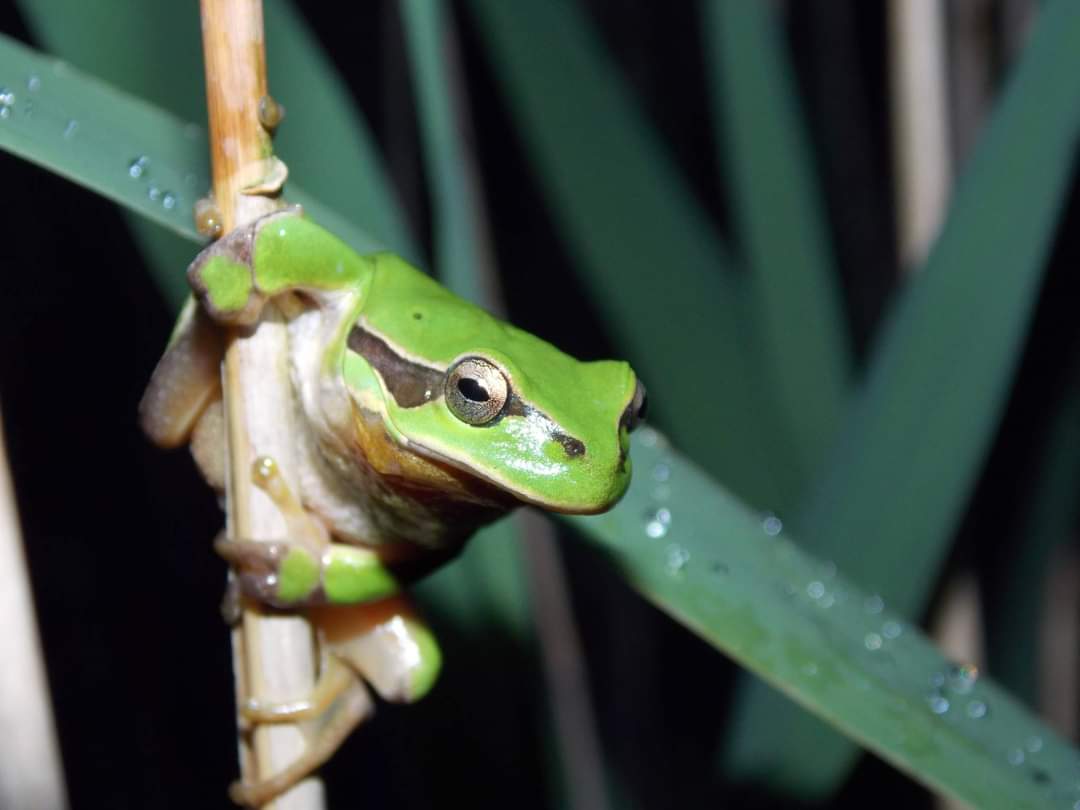Get involved
Projects & surveys
Amphibian and Reptile Groups (ARGs) are autonomous volunteer groups involved in numerous local projects and campaigns. ARGs are hubs of local expertise, containing many experienced herpetologists. Collectively they form a national network of volunteers who are essential contributors to largescale projects.
ARG volunteers participate in the following national projects:
- Details
- Projects & surveys
Funded through DEFRA’s Farming in Protected Landscapes (FiPL) programme
An exciting new partnership project led by Amphibian and Reptile Groups of the UK and Cannock Chase National Landscape with the UK Centre for Ecology and Hydrology and volunteers from Shropshire and Staffordshire ARG, Birmingham and Black Country ARG and Warwickshire Amphibian and…Read more: The Cannock Chase National Landscape Adder Conservation Programme
- Details
- Projects & surveys
- Details
- Projects & surveys
Read more: Dragons in the Hills - Outreach and Educational Resource Packs
- Details
- Projects & surveys
Background
- The report 'Status of the…
Read more: A new project 'Status of the adder Vipera berus in Scotland' - please get involved!
- Details
- Projects & surveys
Read more: ARGWEB - an online combined membership and survey toolkit for the ARGs
- Details
- Projects & surveys
1. Background
In a climate of wildlife declines, reintroducing species to locations from which they have disappeared has become an increasingly popular suggestion. For species with limited dispersal abilities, such as amphibians and reptiles, actively moving them may be the only way of restoring them…- Details
- Projects & surveys
- Details
- Projects & surveys
Our Adders are Amazing Resource packs are now available to download in English and Cymraeg:
Adders are Amazing! Resource Pack Pecyn Adnoddau Gwiberod Gwych! We can also post out special packs containing all 24 activity sheets in a handy folder - these are available for just…Read more: Adders are amazing! Resource Pack - Pecyn Adnoddau Gwiberod Gwych!
- Details
- Projects & surveys
- Details
- Projects & surveys
- Details
- Projects & surveys
Read more: Toads on Roads - Top Tips for Toad Patrolling for ARGs
- Details
- Projects & surveys
- Details
- Projects & surveys
- Details
- Projects & surveys
Read more: Great Crested Newt Habitat Suitability Index (HSI)
- Details
- Projects & surveys
Read more: Do you find shed reptile skins while surveying in the UK?
- Details
- Projects & surveys
- Details
- Projects & surveys
- Details
- Projects & surveys
Nurture the nature in your garden - Call for garden-owners to help save Britain's wildlife
ARGUK has been asked to contribute to a new project, the Garden Wildlife Health Project which is being run by a consortium of wildlife organisations including the British Trust for Ornithology and…- Details
- Projects & surveys
